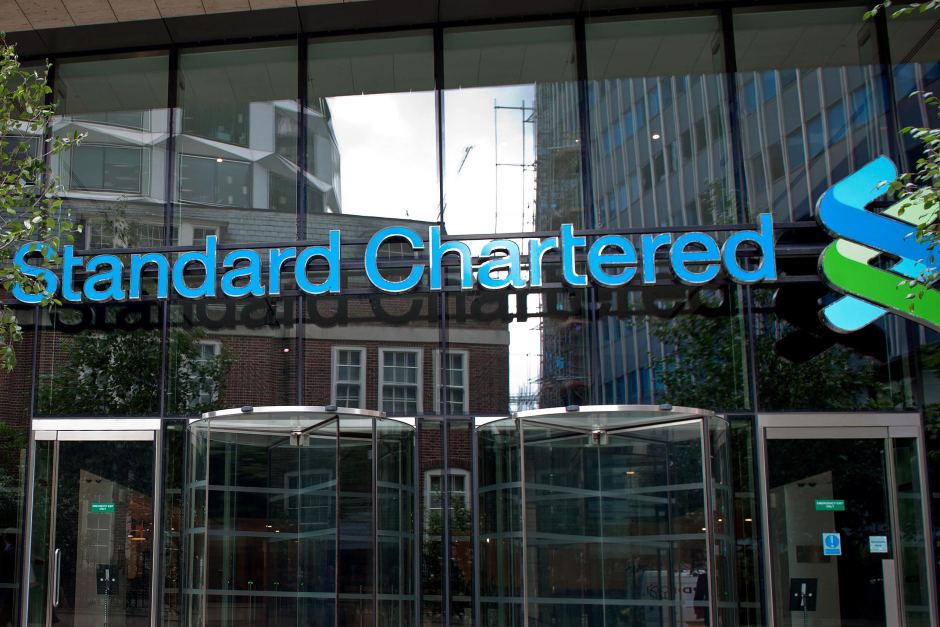Yasmine Fouad, Egypt’s Minister of Environment, unveiled promising investment opportunities worth $2bn in Egypt’s green circular economy during the dialogue session “Promoting Green and Circular Economy in Egypt” at the Egypt-EU Investment Conference on Sunday.
The conference was held under the patronage of Egypt’s President and the President of the European Commission. The session was attended by key figures including Ousmane Dione, World Bank Vice President for North Africa, MatteoPatrone, European Bank for Reconstruction and Development Vice President for Banking, Marie-Louis Bishara, CEO of Bishara Textile and Ready-Made Garments Company, and Helmut Von Struve, CEO of Siemens Middle East.
Minister Fouad emphasized the Egyptian government’s commitment to fostering a supportive environment for a green circular economy, aligning it with economic development and integrating it into social and economic pathways.
Egypt has taken significant steps in this direction, including becoming the first country globally during the COVID-19 pandemic to designate 100% of its national projects as green and funded by the public budget.
This initiative has stimulated private sector investment in green projects.
Furthermore, Egypt has developed a comprehensive legislative and procedural framework, such as the Waste Management Regulation Law based on the circular economy concept, enabling private sector participation in all waste management areas.
The country has also established the largest integrated waste management complex in the 10th of Ramadan City, designed and built by the private sector in cooperation with the World Bank to manage various types of waste.
Minister Fouad highlighted Egypt’s progress in fulfilling its international commitments through strategies like the National Climate Change Strategy 2050, the updated Nationally Determined Contributions 2030, and the Biodiversity Strategy. These strategies, developed in collaboration with the private sector, banks, and international institutions like the World Bank, connect national efforts with global goals.
She emphasized that creating a supportive environment required establishing an institutional structure, a procedural and legislative framework, and engaging all stakeholders, particularly citizens, which has been a key focus over the past decade.
Minister Fouad identified several promising sectors for investment in the green circular economy, including waste management (especially agricultural, medical, and construction and demolition waste), renewable energy, resource efficiency, industry, and supply chains. These sectors, identified in the OECD’s Green Growth Policy Review report for Egypt and the Country Environmental Analysis report in cooperation with the World Bank, offer significant opportunities for private sector investments, particularly with the availability of necessary infrastructure, legal frameworks, and economic incentives in the new investment law.
While the food security sector also welcomes private sector involvement, it requires further collaboration with development institutions to mitigate investment risks and replicate the success of the renewable energy sector.
Additionally, Minister Fouad highlighted the tourism sector and nature-based solutions as promising areas for investment, given Egypt’s strategic location and coastlines on the Red and Mediterranean Seas. The Great Red Sea Coast project, with its focus on eco-resorts and the establishment of a Nature Fund in cooperation with the EBRD and other development partners, exemplifies Egypt’s commitment to attracting private sector investments in nature-based solutions.




